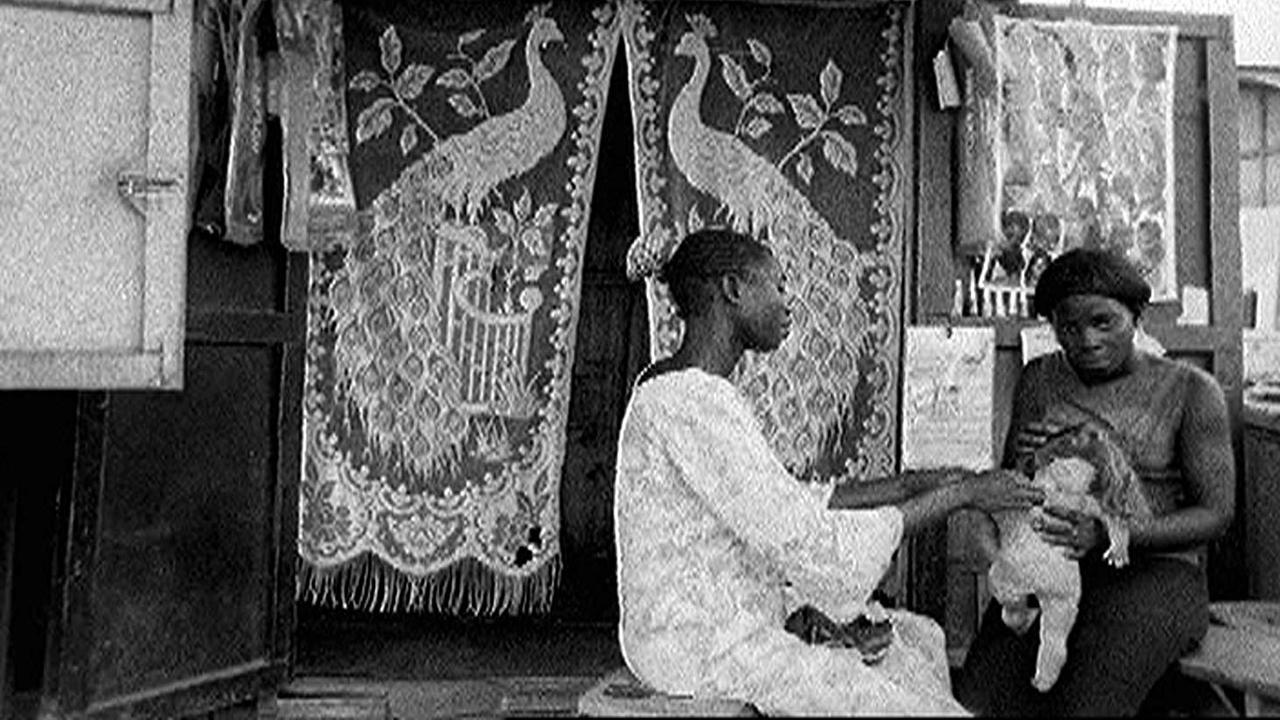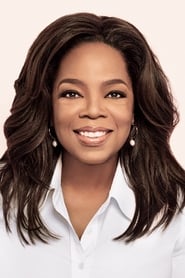
"Me Broni Ba" is a profound cinematic exploration that delves into the intricate world of hair salons nestled within the vibrant city of Kumasi, Ghana. The film, a lyrical portrait of these salons, masterfully weaves together the tangled legacy of European colonialism in Africa with the everyday practice of hair braiding. This is ingeniously represented through the poignant imagery of women skillfully practicing their craft on discarded white baby dolls, a stark symbol of Western influence.
The narrative of "Me Broni Ba" unravels through a series of vignettes, each one more compelling than the last. The scenes are artfully set against the backdrop of a child's journey of migration from Ghana to the United States. This narrative device not only adds a layer of depth to the film but also provides a unique perspective on the cultural exchange between Africa and the West. The film's title, "Me Broni Ba," is an Akan term of endearment that translates to "my white baby." This phrase, used by Ghanaians to refer to their loved ones with lighter skin, becomes a metaphor that underscores the complex relationship between Africa and its colonial past.
Through its thought-provoking exploration of culture, identity, and the lingering effects of colonialism, "Me Broni Ba" offers viewers a unique and nuanced perspective on a subject often overlooked in mainstream cinema. The film's use of hair braiding as a symbol of cultural preservation and resistance is particularly powerful, as it highlights the resilience of Ghanaian culture in the face of Western influence. This is a film that is not just about hair or dolls, but about the human spirit, adaptation, and the enduring bonds that tie us together, despite the geographical and cultural barriers that seek to divide us.
Full Cast of My White Baby
Haizel Adofo

Oprah Winfrey
Crew of My White Baby
Discover the backstage crew of My White Baby →- Released on February 19, 2009